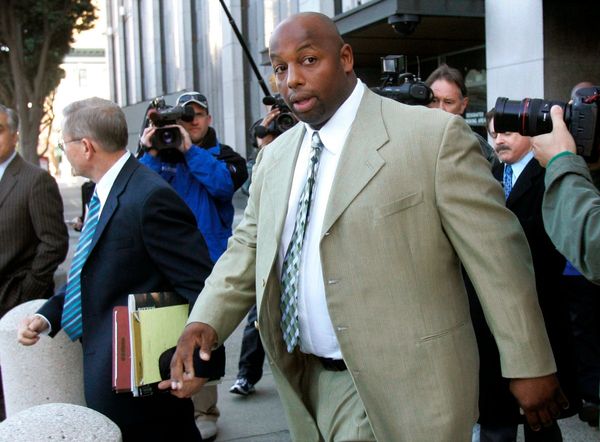The crypto industry might want to remember the adage: "Be careful of what you wish for because you might get it."
For several months now the industry has been asking for clear rules from one of the most powerful financial-market regulators. The reasoning has always been: We need clear rules so all players know what they can and can't do.
And on several occasions the U.S. Securities and Exchange Commission has dodged the issue, instead just giving clues by sanctioning bad actors or fighting publicly with others.
Now, the federal agency's chairman has just given leads to its thinking, and they will not please the industry, which is currently slogging through what it calls the crypto winter, a period marked by falling cryptocurrency prices.
Most Cryptocurrencies Are Securities: Gensler
SEC Chairman Gary Gensler says most cryptocurrencies are securities and many of the platforms involved in the sector should register with the SEC.
"Of the nearly 10,000 tokens in the crypto market, I believe the vast majority are securities," Gensler said in a Sept. 8 speech at an event organized by the Practising Law Institute in Washington. "Offers and sales of these thousands of cryptosecurity tokens are covered under the securities laws."
Gensler's reference is that crypto projects often issue tokens that enable them to attract investors and spotlight their work.
And putting his remarks simply, the majority of the crypto industry is currently operating illegally.
This isn't the first time Gensler has deemed cryptocurrencies to be securities, but it's the first time he's deemed most of them to be.
A security is, according to the SEC, "an investment of money, in a common enterprise, with a reasonable expectation of profit derived from the efforts of others.”
Tokens, or coins, until now have not been considered securities. This meant that they escaped strict regulatory supervision and were not subject to the same rules of financial transparency and disclosure, as, for example, shares in a company would be. The listing process for tokens iss also less strict than that for a security.
The SEC chairman has recognized that certain tokens, including bitcoin, might not be considered securities.
"A small number of crypto nonsecurity tokens (...) may not be securities," Gensler said. "Bitcoin, the first crypto token, is referred to by some as 'digital gold': trading like a precious metal, a speculative, scarce — yet digital — store of value."
Basically, he agrees with the bitcoin evangelists who say that bitcoin should be considered a commodity and not a security.
Gensler has asked operators of cryptocurrencies "to get their tokens registered and regulated, where appropriate, as securities." He's particularly asked for this regarding so-called stablecoins, which are pegged to other assets, like the dollar, in an effort to limit their volatility,
DeFi Platforms Must Register With the SEC
He has also damped the hopes of decentralized finance to escape the supervision of the federal agency he heads.
He said firms that facilitate transactions in the cryptocurrency market, like all traditional financial-market intermediaries, should register with the SEC.
He based this point on the fact that these firms provide SEC-regulated services. These platforms operate as exchanges, broker-dealers, custodians, clearing agents and lenders.
"If you fall into any of these buckets, come in, talk to us, and register," Gensler said.
Until now, the SEC has been content to oversee crypto lenders, but with Gensler's comments, the agency has now expanded the list of crypto-industry players it considers to fall within its jurisdiction.
Market participants supervised by the SEC are subject to strict rules of disclosure, risk management, minimum liquidity levels, and more. Many players in the crypto sphere had hoped to be able to escape such constraints.
Room for Flexibility
"We disagree with Chair Gensler that most digital assets are securities – and we firmly believe this is a matter for Congress rather than regulators," the Blockchain Association reacted on Twitter.
The group is among those in the industry lobbying "for regulatory clarity so that the US can be the leader in blockchain and crypto innovation."
Gensler did say that the SEC could not apply rules designed decades ago to a revolutionary industry.
"Given the nature of crypto investments, I recognize that it may be appropriate to be flexible in applying existing disclosure requirements," the SEC chair said.
"Tailored disclosures exist elsewhere — for example, asset-backed-securities disclosure differs from that for equities."
He added: "I look forward to working with crypto projects and intermediaries looking to come into compliance with the laws. I also look forward to working with Congress on various legislative initiatives while maintaining the robust authorities we currently have."







